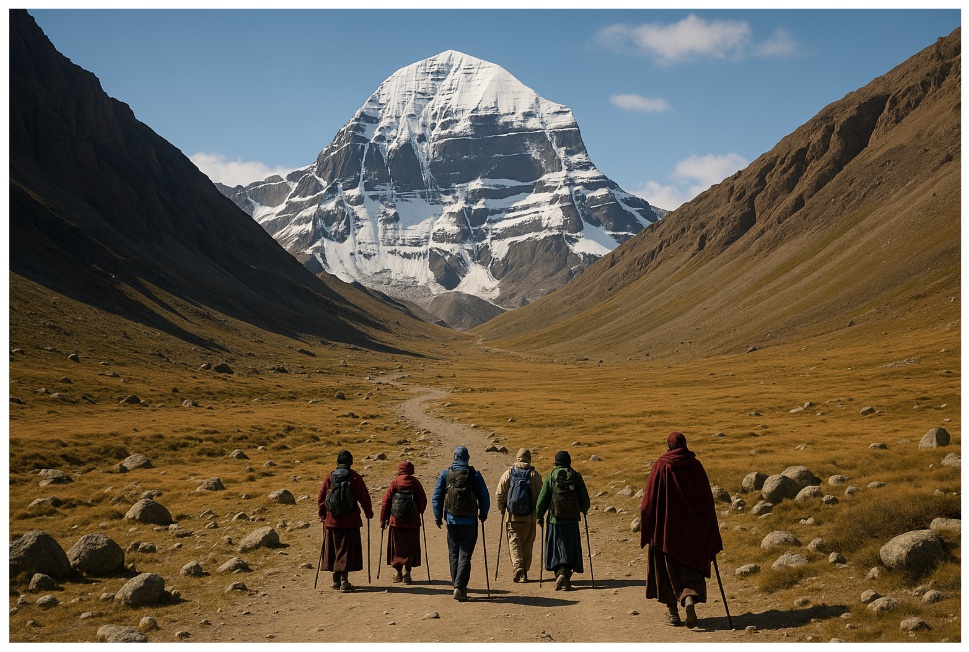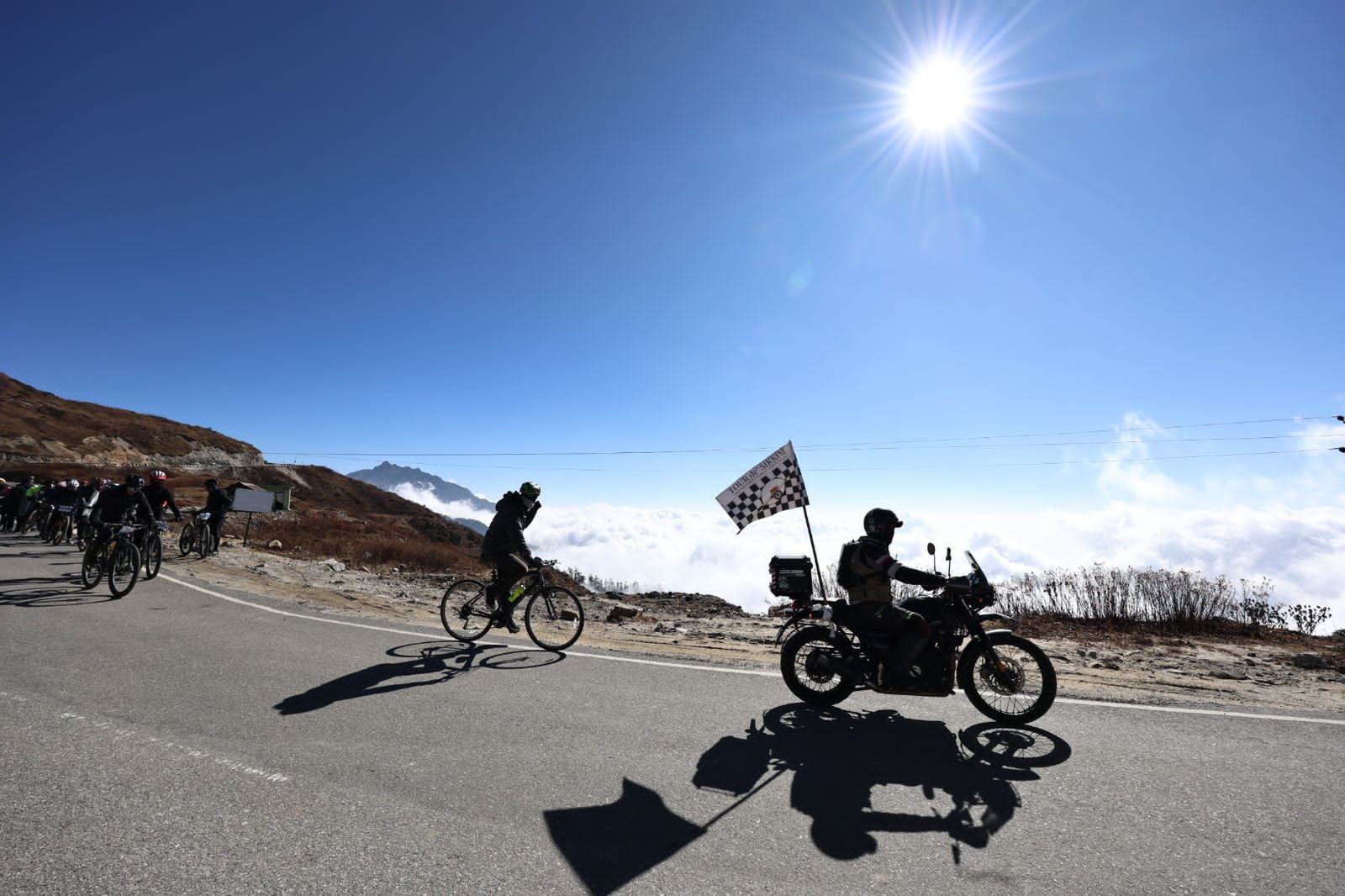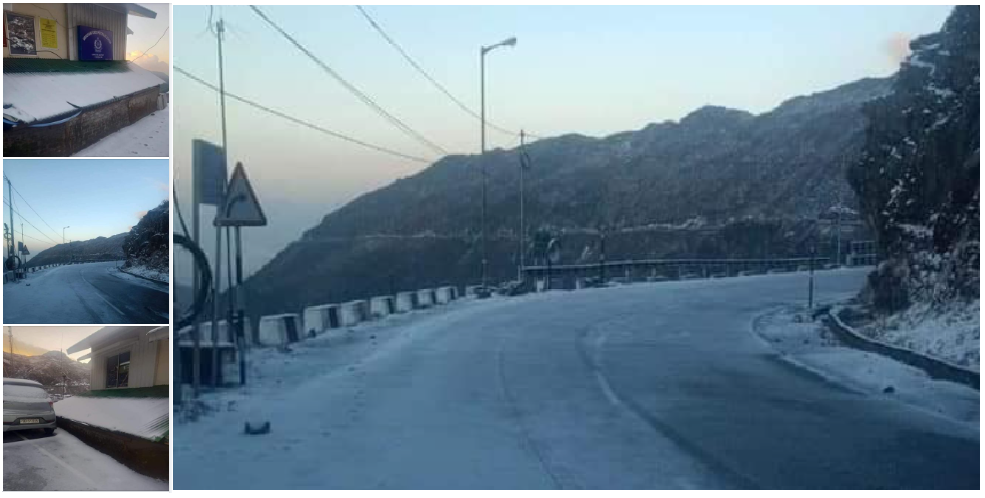
Gangtok , 18 May : In a landmark development for spiritual tourism, the Kailash Mansarovar Yatra is set to resume in June via the Nathu La Pass in Sikkim, ending a five-year suspension triggered by the 2017 Doklam standoff and the global COVID-19 pandemic. Final preparations are now underway to reopen this significant pilgrimage route, offering enhanced safety, accessibility, and improved amenities for devotees.
Positioned along the India-China border, the Nathu La route had remained closed since 2017. With most infrastructure upgrades nearing completion, authorities are optimistic about restoring the full-scale pilgrimage to Mount Kailash, revered by Hindus, Buddhists, Jains, and Bon followers alike. The route stands out for its superior road network and secure passage, making it a preferred alternative to other routes.
Pilgrim Infrastructure Nears Completion
Site supervisor Sunil Kumar confirmed that key lodging and support facilities would be completed within days. Newly constructed rest houses, designed to accommodate 50–60 individuals each, aim to offer comfort and safety at high altitudes.
Two Key Halt Points on the Route
The pilgrimage path will include two primary halting locations. One is located at the 16th Mile (10,000 feet altitude), while the second is near Hangu Lake on Kupup Road, situated at 14,000 feet. Each rest stop will feature multiple buildings equipped with beds, medical facilities, kitchens, administrative offices, and other essential services to support pilgrims during the strenuous journey.
Local Enthusiasm and Economic Revival
Residents and former pilgrims have welcomed the decision. I.K. Rasaily, who undertook the yatra in 2016, highlighted the spiritual significance of the route and its potential to revive local economies. The return of pilgrims is expected to bolster tourism, generate employment, and offer fresh avenues for small businesses in the region.
Safe Passage Through Sikkim
MLA Thinley Tshering Bhutia of Kabi Lungchok extended gratitude to both the Central and State governments for facilitating the reopening. He reaffirmed Sikkim’s reputation as a peaceful state with no history of terrorism, assuring that all essential infrastructure—including toilets and safety provisions—will be fully operational before the yatra begins.
Policy Push and Broader Impact
The revival of the route followed sustained advocacy by Rajya Sabha MP D.T. Lepcha in Parliament. Coordinated action between the Union and State governments has since accelerated development. Beyond its religious and cultural dimensions, the resumption of the yatra is poised to drive economic upliftment, promote Indo-Tibetan cultural interactions, and showcase Sikkim’s potential as a spiritual tourism hub.






